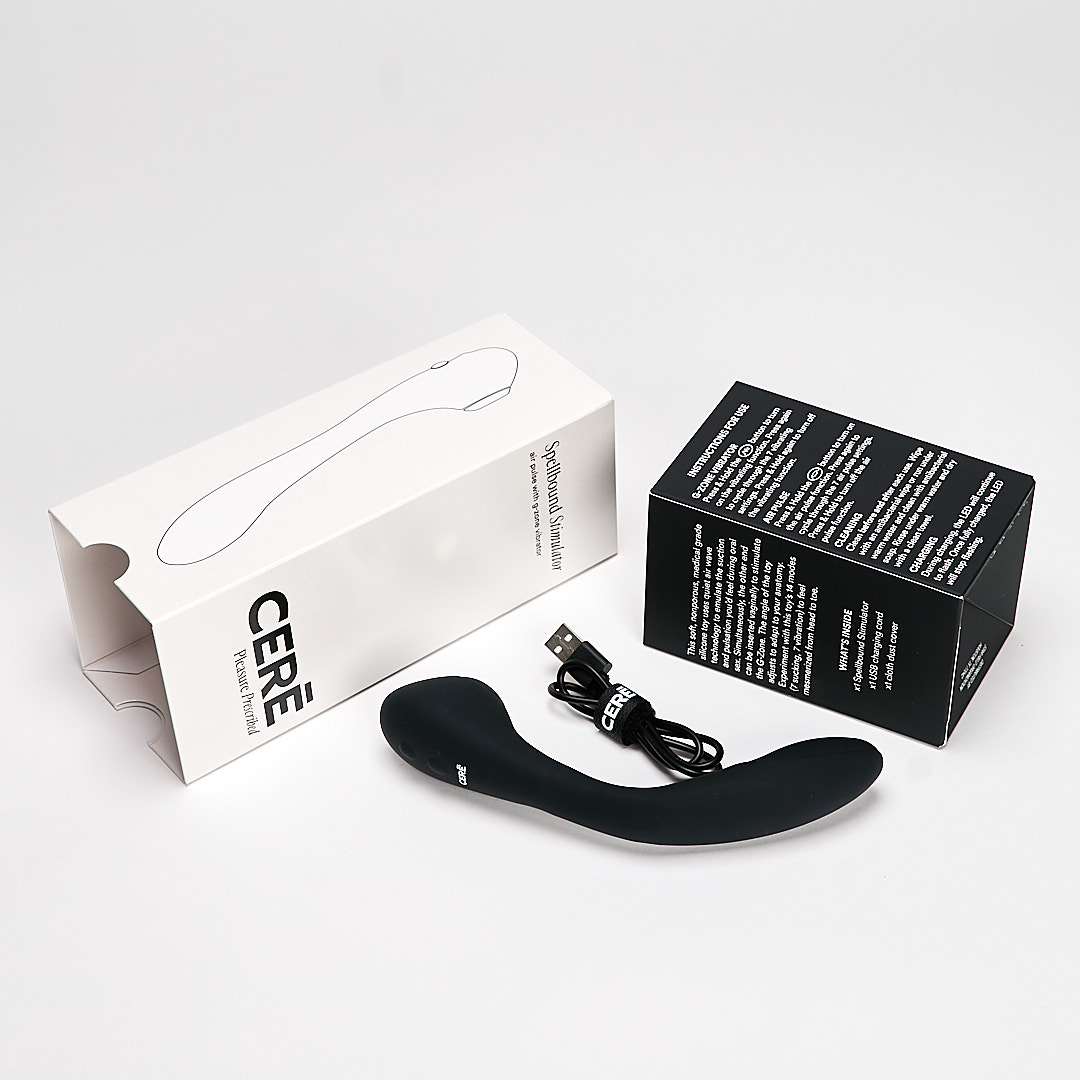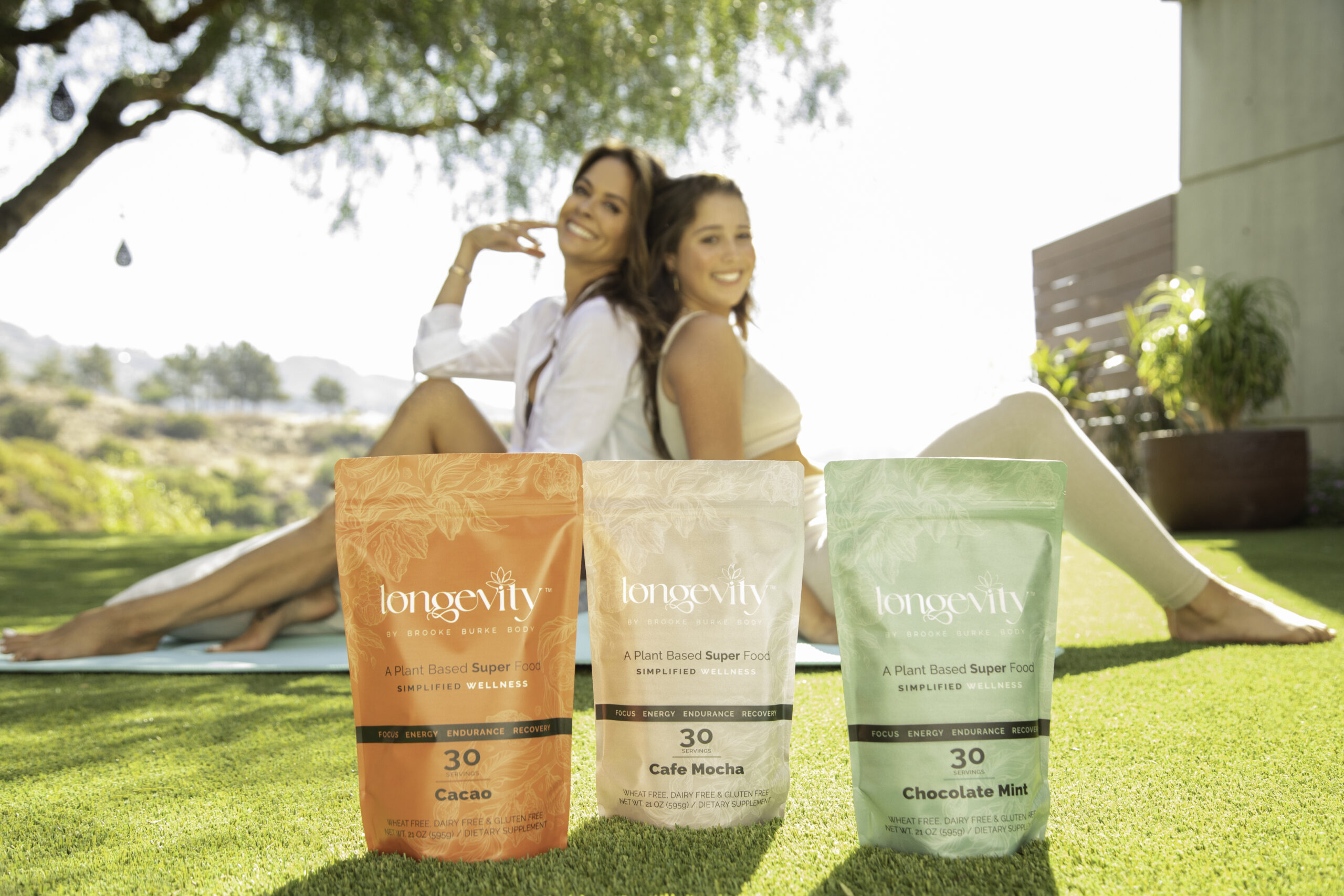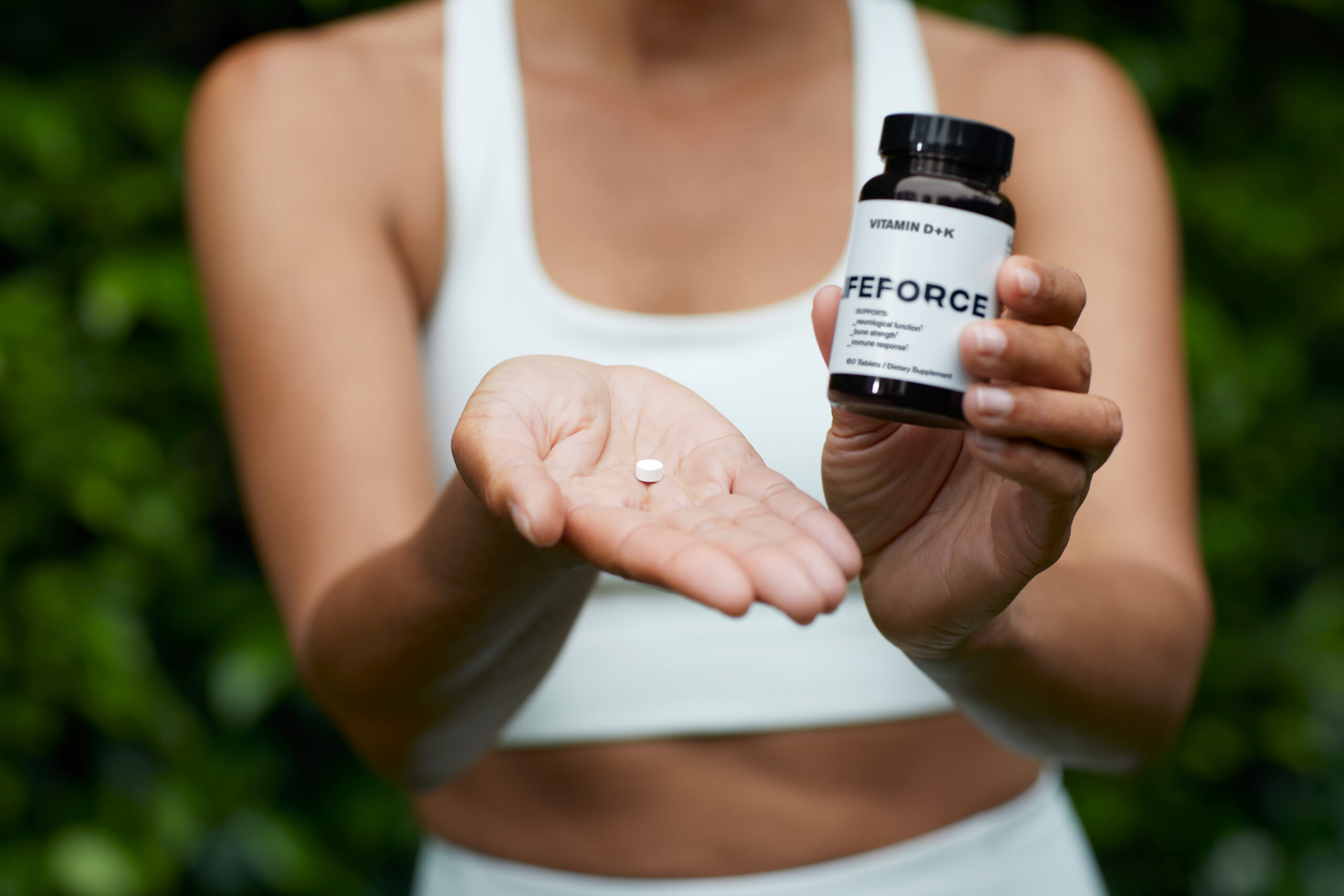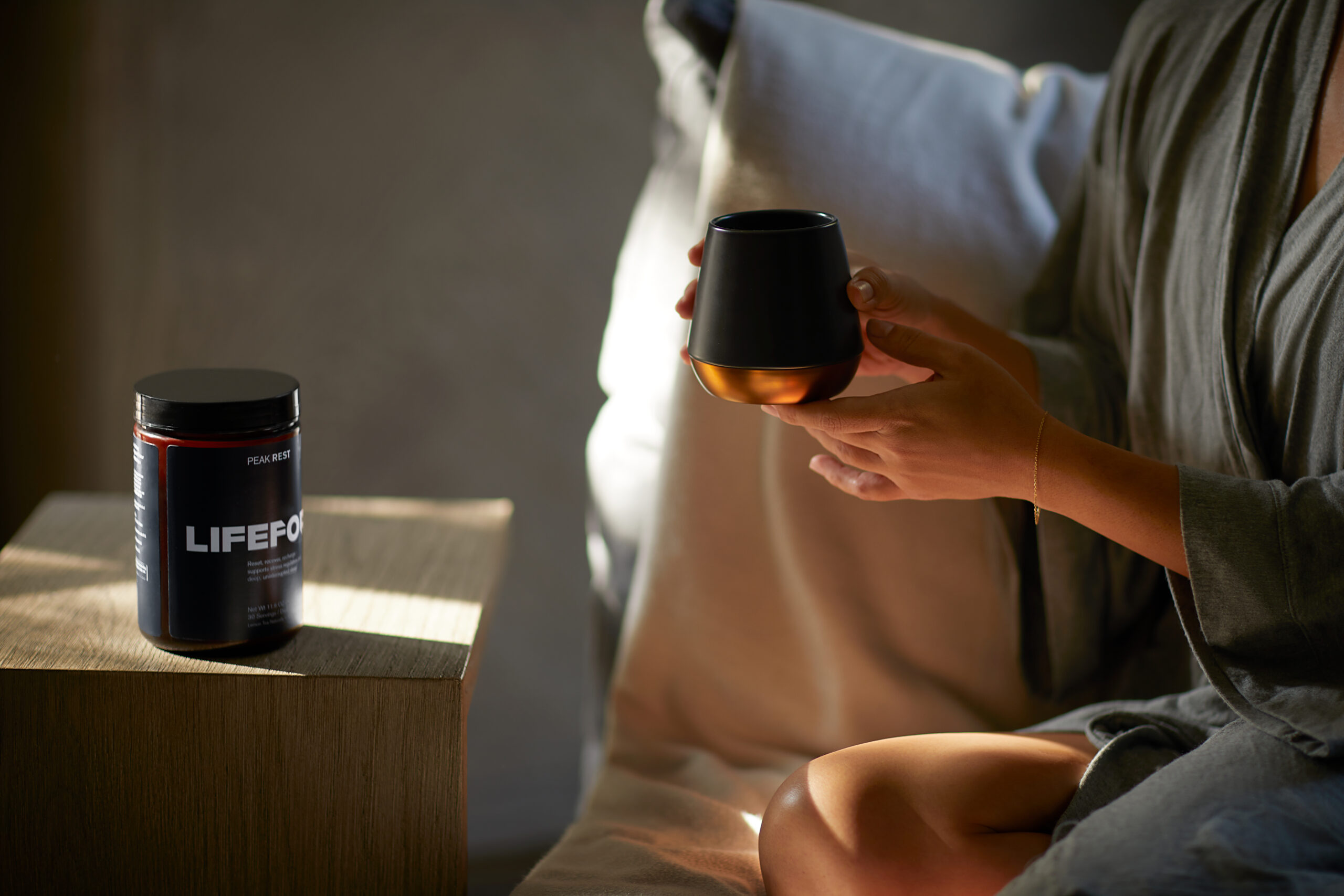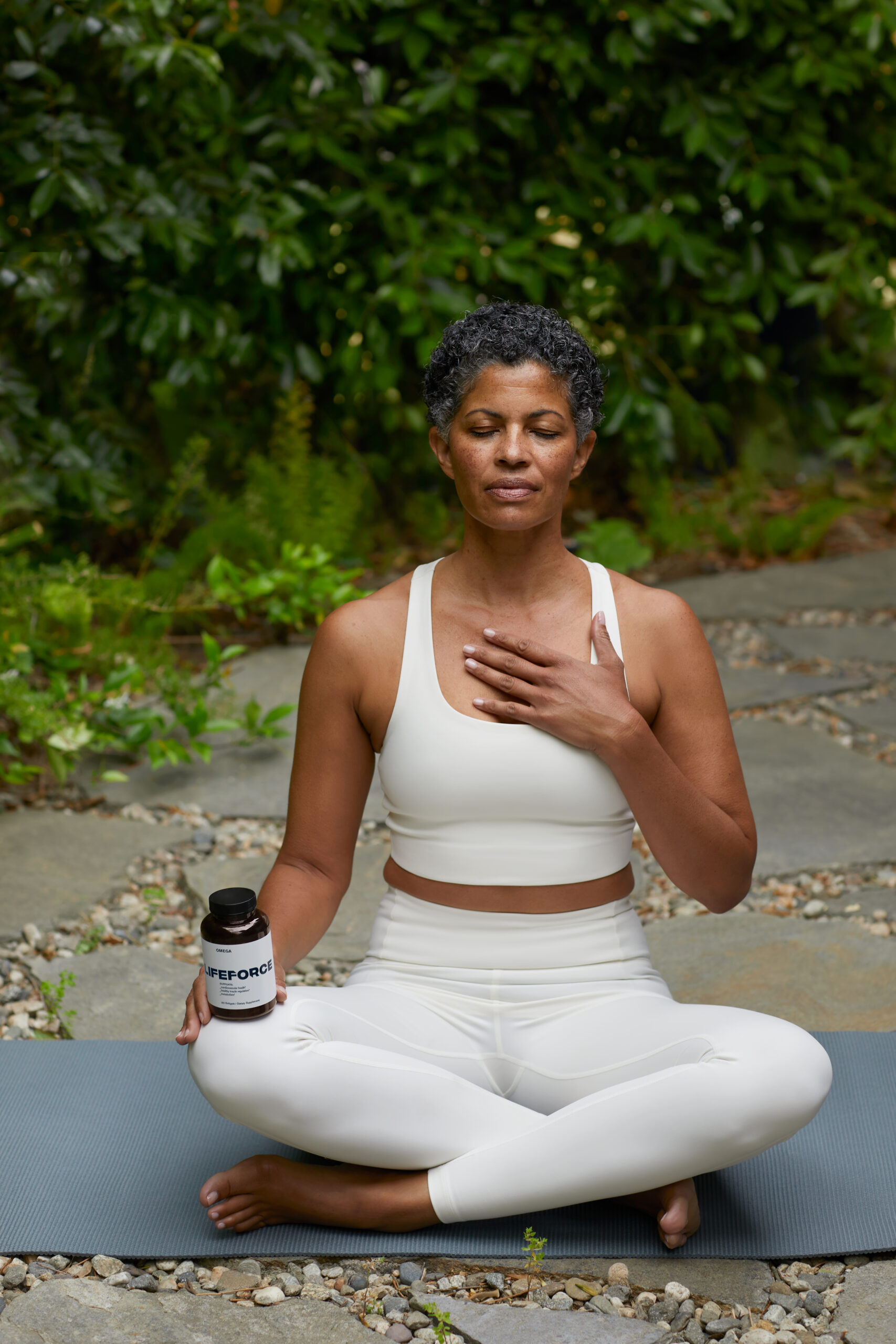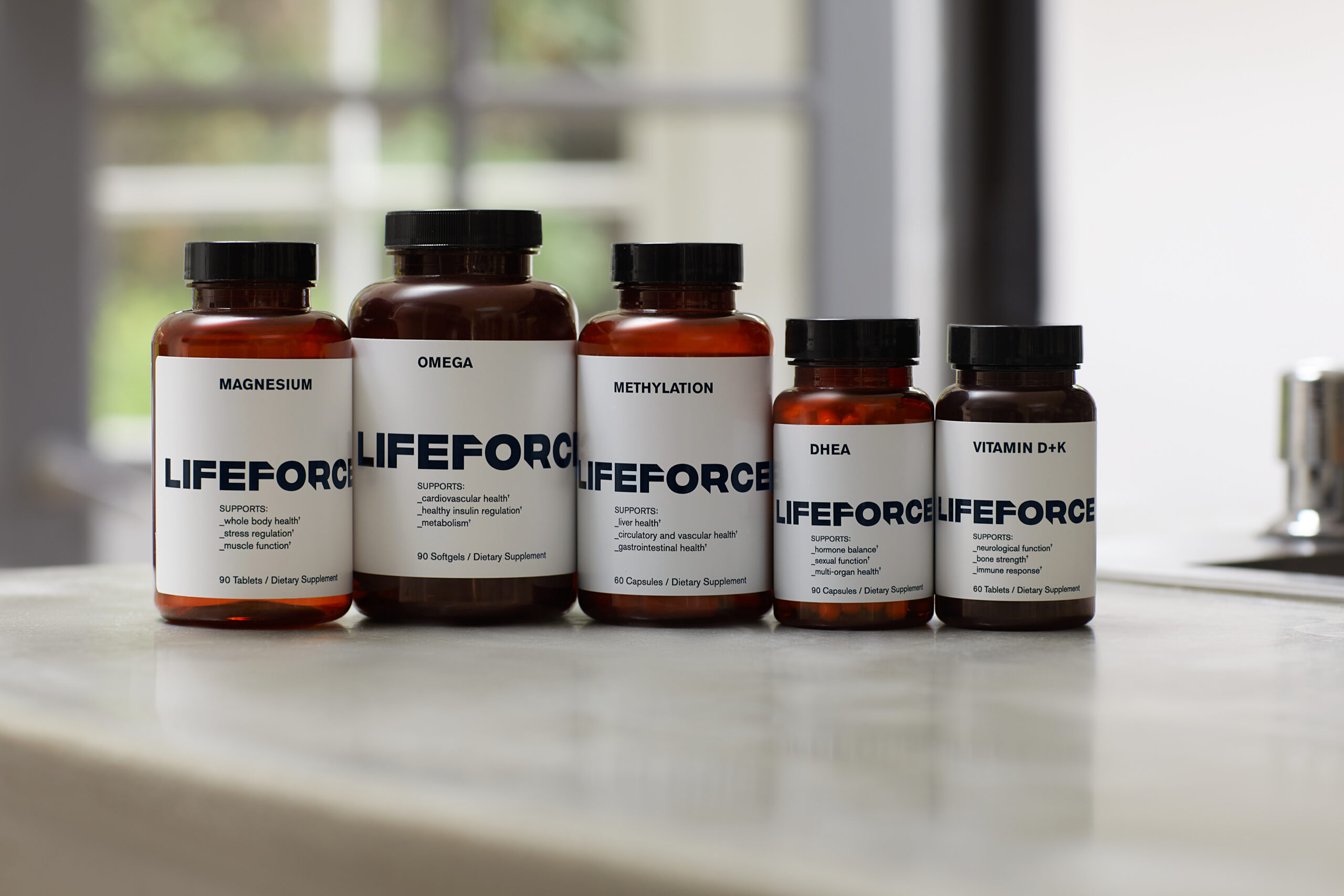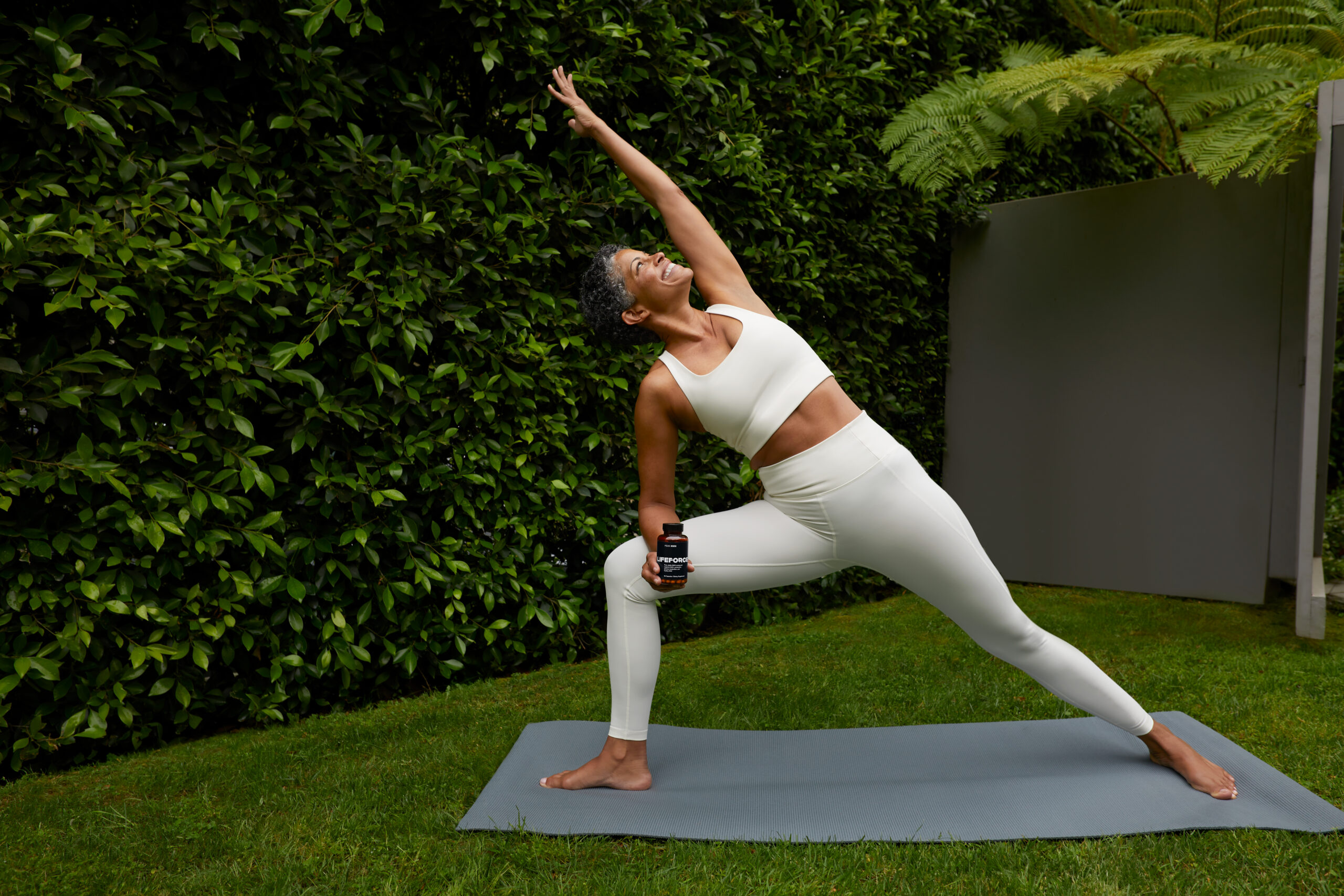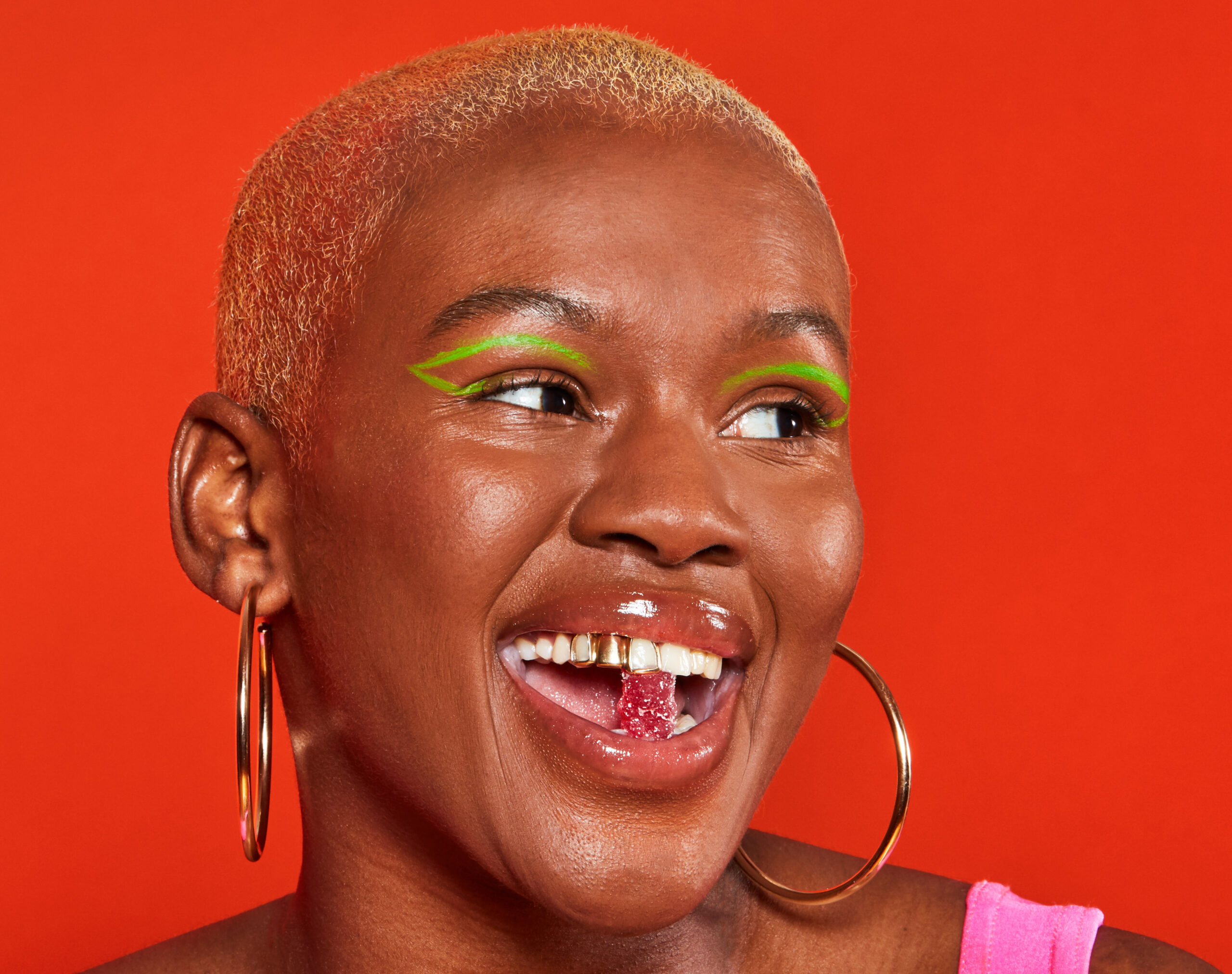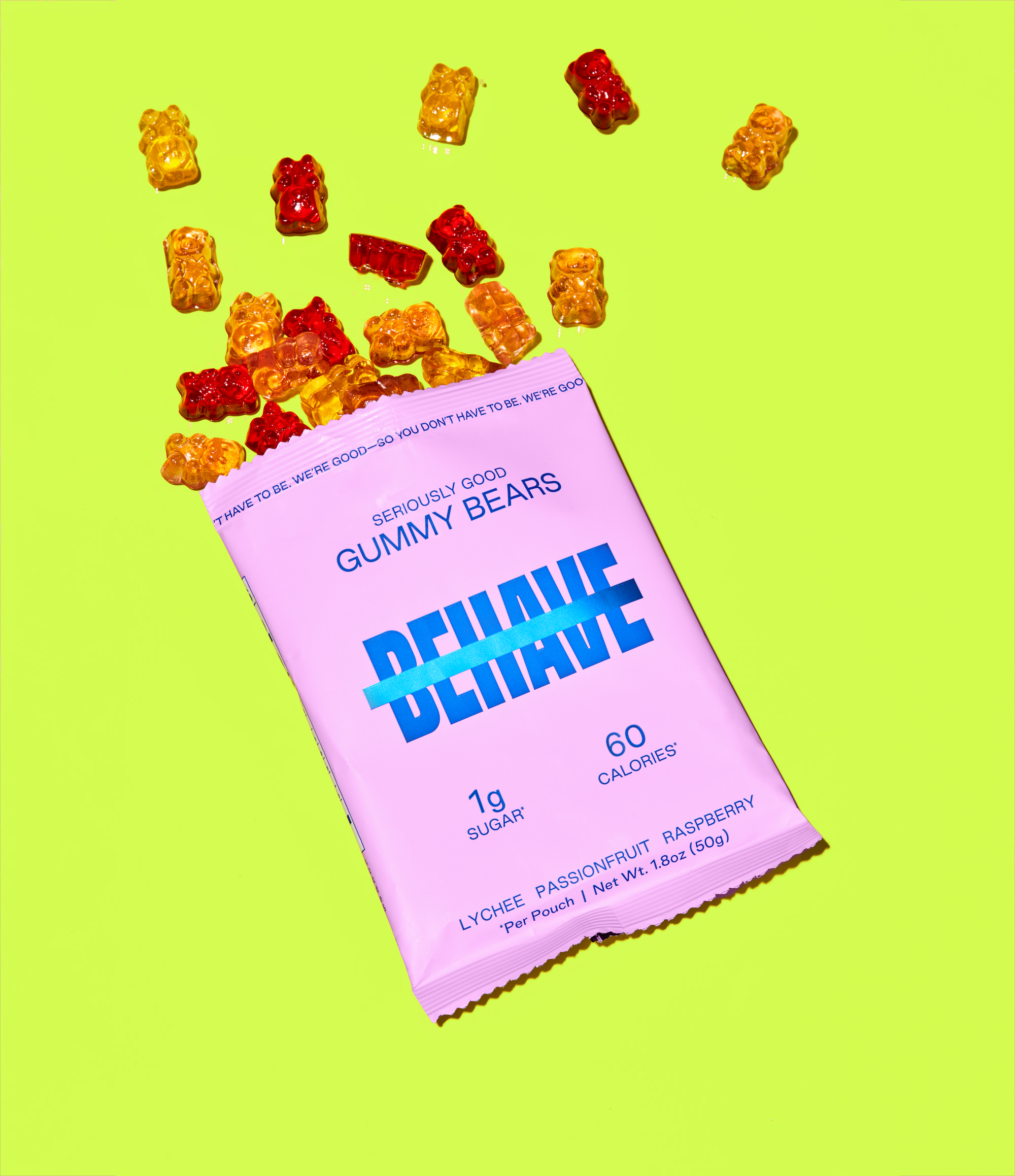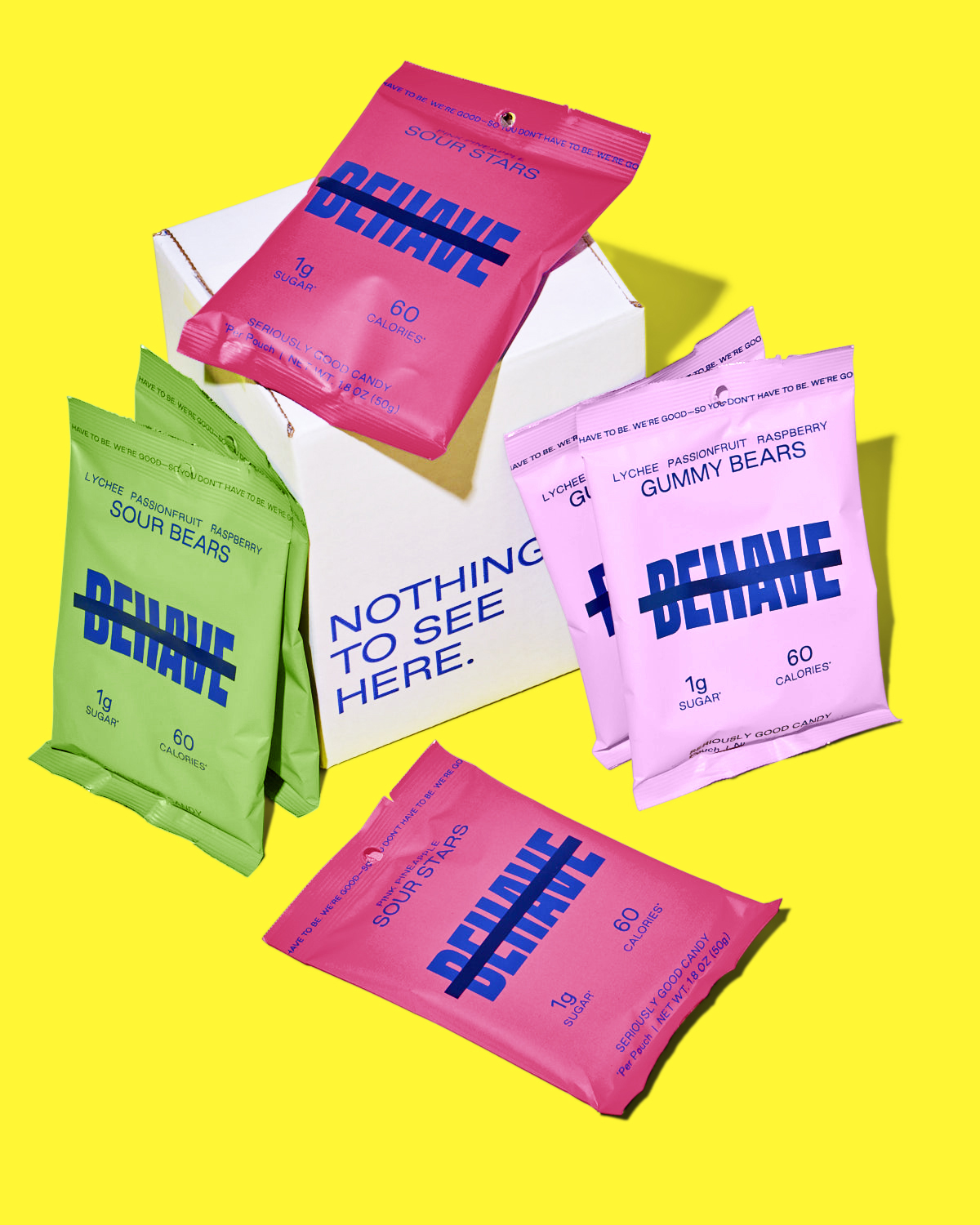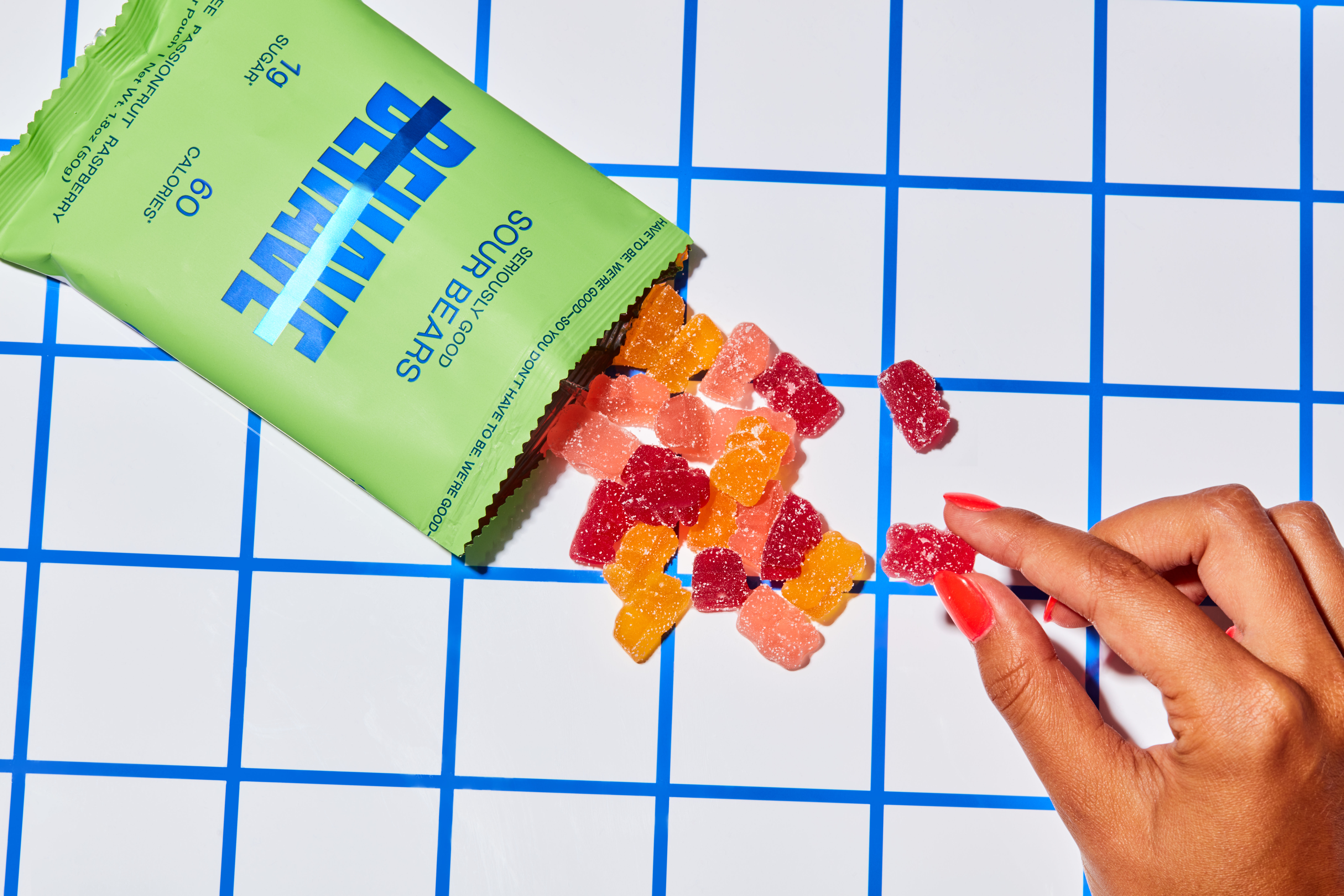The ‘Black Card’ of Vibrators
Doctor-Engineered and Prescribed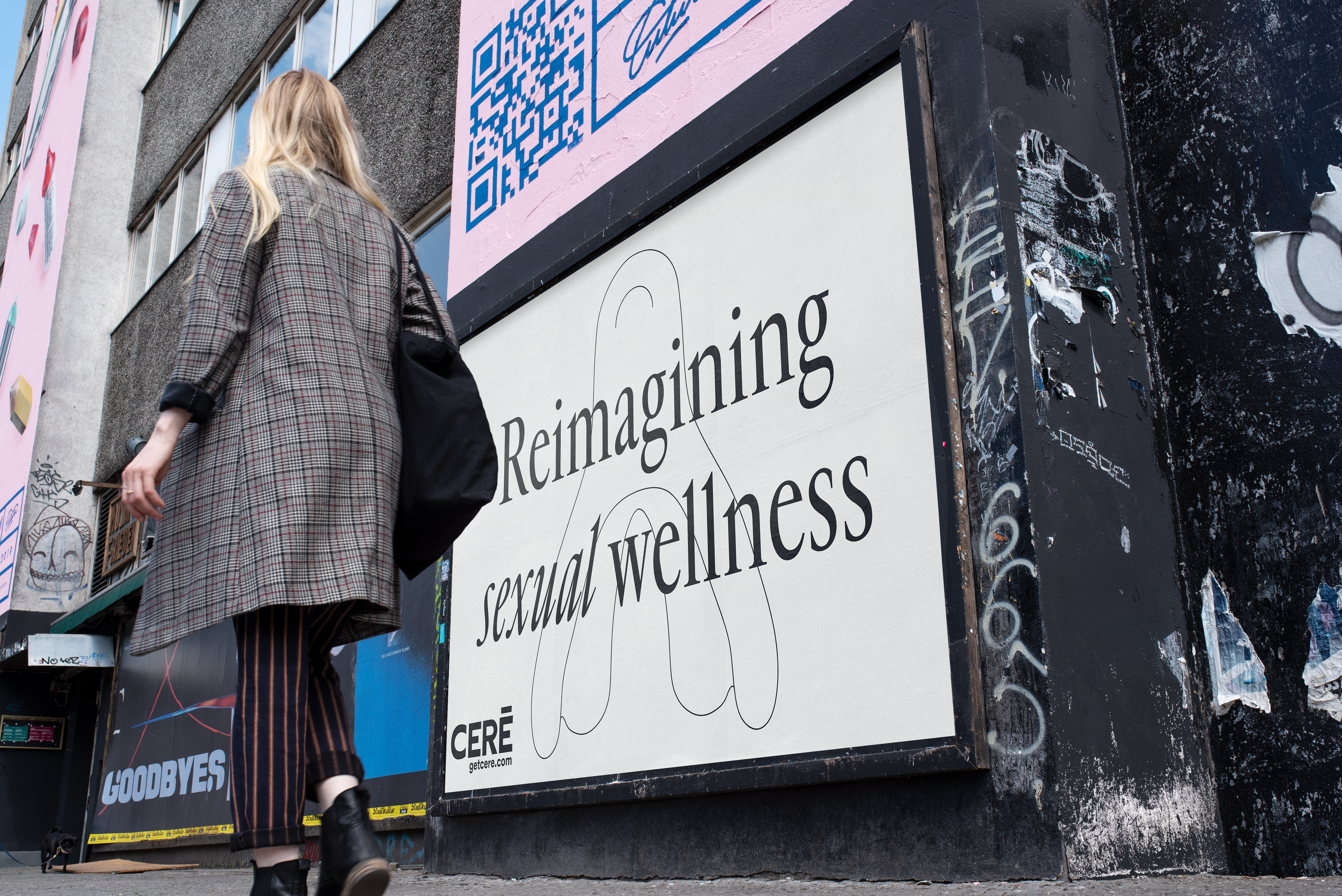
If you don’t have your pleasure portal (aka the nightstand drawer next to your bed) fully loaded – I don’t know what you are waiting for. Self-pleasure is self-care 101 – Let’s break this down with some facts from physician-developed collection of pleasure care essentials. Dr. Amir Marashi created the new level next level brand of self-pleasure goodness, called Cerē.
Only 25% of women experience orgasms consistently during sex. Even the mainstream media repeatedly references the vagina’s mysterious complexity, with entire film franchises like American Pie paying homage to the elusive female orgasm. It would seem as though a woman’s anatomy is misunderstood by most of the world (women included). So, perhaps the most shocking fact of all is how little this field of research has expanded over the last 100 years… until “Vagina Whisperer” Dr. Amir Marashi introduced Cerē pleasure care essentials as a means of ending orgasm inequity.
In today’s society, it seems like a movement is underway to normalize discussing our sexual wellness more openly and how to fulfill individual needs is so important.
With over 20 years of experience behind him, Dr. Amir Marashi, an internationally acclaimed OB/GYN and vaginal surgeon is at the forefront of taking the sexual wellness movement to the next level. As a pioneer in the field of female sexual health, he now goes one step further to shift the cultural conversation, introducing sexual pleasure as (gasp!) an essential aspect of wellness. Joining with research and development partner Dr. Kimberly Lovie, a Harvard and Yale-trained physician, chemist, and engineer, Dr. Marashi launched Cerē as the first-ever line of physician-developed pleasure care essentials.
Now, a growing collection of toys and vibrators offers an elevated experience, lab-proven through a pioneering clitoral ultrasound research protocol. In fact, Cerē is the first sexual wellness company to publish its groundbreaking studies in a peer-reviewed medical journal.
The team also advances its global mission by donating a portion of proceeds to organizations seeking to improve sexual wellness, including by helping victims of FGM (female genital mutilation).
“Across demographics and around the world, women are not climaxing at the same rate as their male counterparts,” shares Dr. Amir Marashi, a board-certified OB/GYN and internationally acclaimed vaginal surgeon. “It’s time to align pleasure and anatomy in blissful harmony, rediscovering sex as a vital part of health, rather than a cultural taboo.”
With over 20 years of experience behind him, Dr. Marashi has already made strides in the effort to close the pleasure gap between men and women. He is the renowned creator of the VagilangeloⓇTM procedure that has empowered hundreds of women to discover or rediscover sexual pleasure. He also authored the 2020 BlackBook release A Woman’s Right to Pleasure, with forwards by feminist icons Erica Jong and Roxanne Gay. As a pioneer in the field of female sexual health, he now goes one step further to shift the cultural conversation, introducing sexual pleasure as (gasp!) an essential aspect of wellness
Joining with research and development partner Dr. Kimberly Lovie, a Harvard and Yale-trained physician, chemist and engineer, Dr. Marashi launched Cerē as the first-ever line of physician-developed pleasure care essentials.
The brand initially made a splash with a luxurious Enchantment Gel, developed according to Dr. Marashi and Dr. Lovie’s own research with a warming, sensory-enhancing blend of l-arginine, l-citrulline, and soothing chamomile.
Now, a growing collection of toys and vibrators offers an elevated experience, lab-proven through a pioneering clitoral ultrasound research protocol. In fact, Cerē is the first sexual wellness company to publish its groundbreaking studies in a peer-reviewed medical journal. The team also advances its global mission by donating a portion of proceeds to organizations seeking to improve sexual wellness, including by helping victims of FGM (female genital mutilation).
See why doctors all over the nation endorse Cerē essential pleasure products. Give the gift that keeps on giving this holiday season and shop the full offering at getcere.com. Follow @GetCere on Instagram for sexual wellness tips, sensational product releases, and exciting brand updates.
About Cerē:
Cerē is pursuing an end to the pleasure gap with the first-ever pleasure product brand designed by physicians. Founded by Dr. Amir Marashi, an internationally acclaimed OB/GYN and vaginal surgeon, Cerē is helping people find and reach their most pleasurable parts, eradicate sexual shame, and put an end to orgasm inequity. Cerē’s pleasure products were developed alongside Dr. Kimberly Lovie, a Harvard and Yale-trained physician, chemist and engineer, through a multi-faceted approach that leveraged their collective understanding of anatomy and engineering to put sexual wellness at the forefront of every person’s health. Shop the full offering at getcere.com. Follow @GetCere on Instagram for sexual wellness tips, sensational product releases, and exciting brand updates. Cerē – Enjoy yourself. Doctor’s orders.TM
Website: getcere
IG: @GetCere


